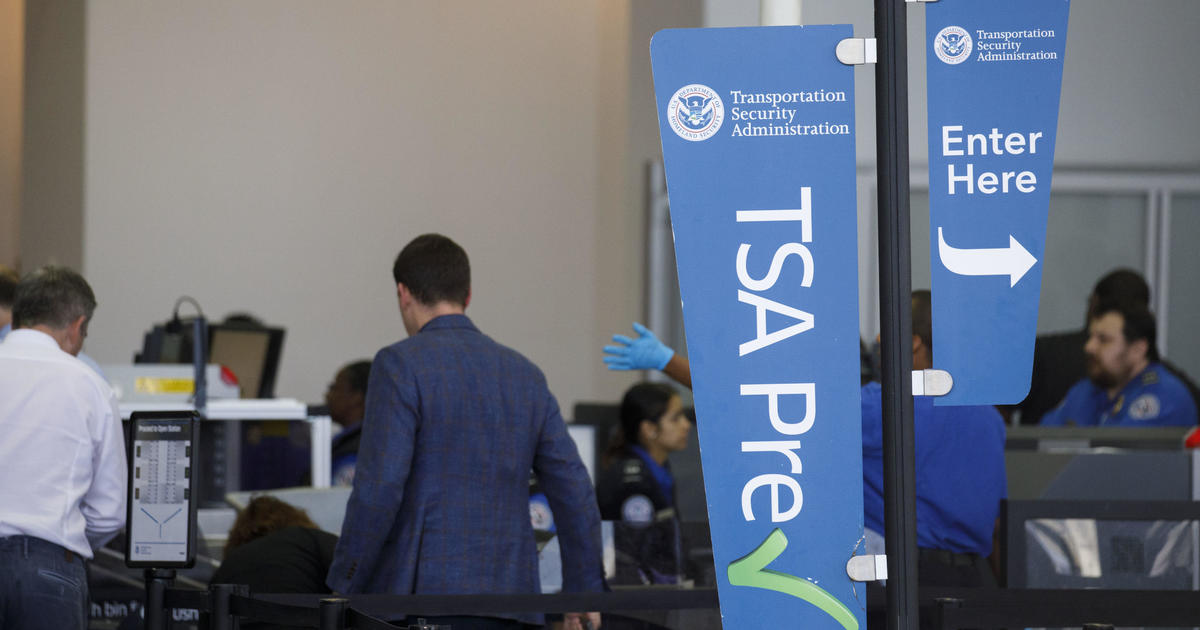One key to earning a higher income: Rich friends in childhood
Economic mobility has taken a hit in the U.S., with only half of 30-year-olds earning more than their parents had at their age, down from 90% in earlier generations. But one key to earning more in adulthood may be the company you keep in childhood, according to a new study.
The difference between kids who grow up with rich friends and those who lack such ties can be striking, according to the findings from researchers at Harvard, Stanford, New York University and the Santa Fe Institute in collaboration with Meta and Opportunity Insights. The research was published in the science magazine Nature on Monday.
For instance, a poor child who grows up in Minneapolis, where there's greater integration between low-income and wealthy kids, reaches an average income of $34,300 by age 35 — or almost $10,000 more annually than the typical income of a poor kid from Indianapolis, where there are fewer social connections between the two sides of the wealth spectrum, the study found.
The research has implications for communities across the U.S., especially as schools are becoming more economically segregated as high-income families seek out homes in wealthier communities that have better-funded schools. The findings, which analyzed measures of social capital for each ZIP code, high school and college in the U.S. as well as data from Facebook about the social connections of adults, suggest that if poor children were to grow up with the same economic connectedness as the typical wealthy child, their incomes as adults would be an average of 20% higher.
So-called economic connectedness — or the share of wealthy friends held by low-income children — is "the single strongest predictor of upward mobility identified to date," the researchers found.
"Many have argued that the strength of an individual's social network and community — their social capital— may have an important effect on outcomes ranging from health to education to earnings," Raj Chetty, an economist at Harvard and a co-author of the study, said in a statement.
He added, "But measuring social capital has proven to be difficult, with most work to date having to rely on small surveys or indirect proxies, limiting our understanding of what social capital really is and why it matters."
Where ties are strong
To be sure, Americans tend to be highly stratified by income — rich people tend to spend time with other rich people, and the same goes for poor people, the study found. That's due to two things: First, high-income children tend to attend schools populated with other wealthy children. And secondly, there's a bias toward spending time with people in your own social class, the researchers noted.
But social connections between rich and poor children can help bolster the fortunes of lower-income students through a number of ways, the researchers added. They include "shaping career aspirations and norms to providing valuable information about schools and colleges to providing connections to internship and job opportunities," the research paper noted.
Mapping the economic connectedness across the U.S. finds a huge variety across the nation, although counties in Southern states tend to have a lower proportion of low-income children with wealthier friends. (The researchers have made their findings searchable at Socialcapital.org.)
For instance, only about 20% of friends of low-income children in Lowndes County, Alabama, are high-income, giving that county a low rate of economic connectedness. By comparison, almost 70% of friends of low-income students in Rockingham County, New Hampshire, are high income, giving that county a high rate of economic connectedness.
The findings have implications for policy choices in communities that want to improve the economic outcomes of their students — as well as for parents, the researchers noted. Simply moving to a community with greater social mobility can help a child succeed later in life, they pointed out.
And the economic growth of a region may not automatically lift the economic prospects of children, they added. For instance, Atlanta and Charlotte, North Carolina, have seen huge gains in job and wage growth over the past 20 years, but children who grow up there have had low rates of upward mobility, the researchers said.
"These cities achieve high rates of economic growth by importing talent — i.e., attracting high-skilled people to move in and fill high-paying jobs," they wrote. "While this impressive economic growth may have brought other benefits to these cities, it is clear that a booming economy does not guarantee better outcomes for local children."



